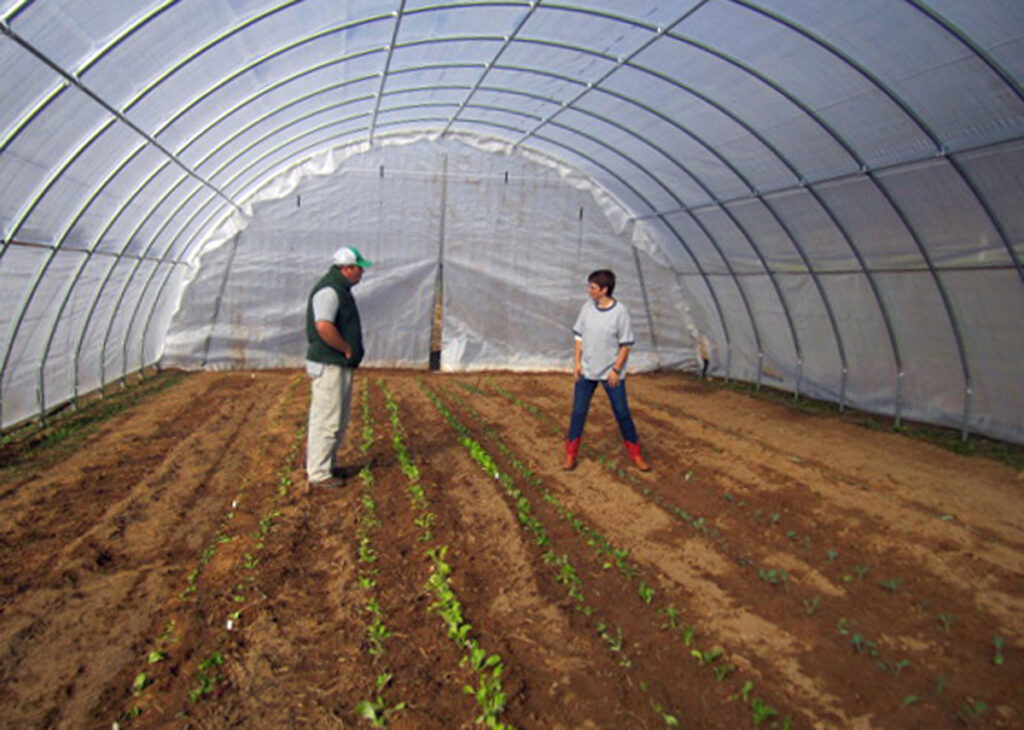OLYMPIA – A bill from Sen. Shelly Short that boosts individual and community greenhouses was signed into law Wednesday, inspired by shortages of food and produce that occurred during the COVID pandemic.
Short’s greenhouse legislation clears up an oversight in state law. When commercial growers put up temporary greenhouses, they are exempted from state building code requirements. Senate Bill 5508 extends the same exemption to non-commercial greenhouses. The temporary greenhouses can be as simple as a frame and a plastic covering, but also can be more elaborate.
“Any of us who have raised a garden in Eastern Washington know how greenhouses utilize heat and extend the growing season,” Short said. “Greenhouses can make it easier to grow your own, increasing food security for your family and your community. COVID showed us how important that can be.”
Also signed into law Wednesday was a bill Short sponsored that makes it easier for cities and counties to adjust urban growth boundaries in response to development needs. Senate Bill 5834 allows local governments to adjust boundaries annually rather than waiting for 10-year updates to comprehensive plans. The measure stipulates that when annual adjustments occur, total area cannot increase and critical areas must remain protected.
Lawmakers passed three other bills introduced by Short that await signature by Gov. Jay Inslee.
- Senate Bill 5306 allows the Department of Fish and Wildlife to establish voluntary disease interdiction and control-check stations. This bill, introduced at the request of the agency, would allow the department to offer optional roadside inspections for hunters, boaters and anyone else carrying fish, wildlife, shellfish and seaweed. The aim is to prevent the spread of disease and infestations.
- Senate Bill 5869 eliminates minimum lot-size requirements when land is subdivided for construction of rural fire stations. The bill would allow fire stations to be built on lots of two acres or less, as long as other conditions are met.
- Senate Bill 6140 increases the allowable square footage of rural stores and restaurants located more than 10 miles from an urban area, at crossroads and other areas where development is permitted. The bill allows square footage of up to 10,000 square feet for businesses supplying an essential rural service, such as grocery stories, pharmacies, hardware and auto repair.











